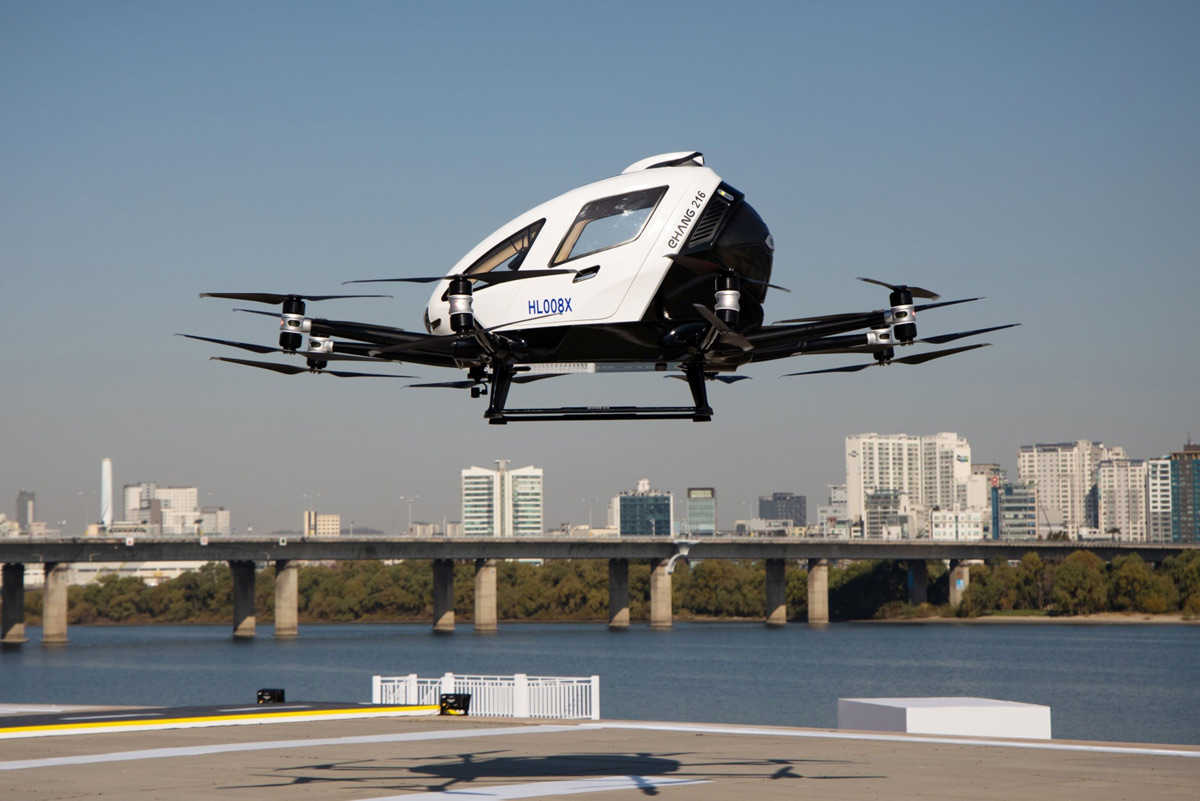
Hyundai’s electric air taxi startup, Supernal, is relocating its global headquarters from Washington, D.C., to Irvine, California, impacting a significant portion of its workforce in the process. Approximately 35 to 40 employees—roughly 5% of the company’s total staff—are being asked to move as part of the transition, according to information shared with TechCrunch.
Supernal has declined to disclose how many employees will remain in Washington, D.C. However, data from LinkedIn and an anonymous source indicate that around 45 people currently work in the area, suggesting the relocation affects a majority of the staff there. Despite the shift, the D.C. office will continue to serve as a hub for policy and regulatory activities, ensuring its role in advancing Supernal’s efforts in urban air mobility regulations.
This move follows just over a year after the opening of Supernal’s 28,000-square-foot D.C. office, which had been designed to provide employees with state-of-the-art facilities and comfort. Around the same time, the company established an engineering headquarters in Irvine and an R&D headquarters in Fremont, California. The decision to consolidate operations in California is intended to bolster collaboration and communication across teams, according to Jaiwon Shin, Hyundai Motor Group president and Supernal CEO.
Supernal’s broader objective remains unchanged: launching its electric vertical takeoff and landing (eVTOL) service by 2028. Since its spinoff from Hyundai Motor Group’s urban air mobility division in 2021, the company has grown to employ about 700 people. While the eVTOL industry as a whole faces challenges—including financial struggles at competitors like Volocopter and Lilium—major players like Toyota-backed Joby Aviation continue to advance toward commercial operations.
Supernal’s relocation reflects an ongoing effort to align resources and operations as the company works to bring electric air taxi technology closer to reality.
Supernal’s move to Irvine highlights the strategic advantage of California’s tech and aerospace ecosystem, offering access to top talent and innovation. While the shift boosts collaboration, maintaining a D.C. hub raises questions about balancing regulatory efforts with operational focus as the eVTOL industry faces financial and commercialization challenges.
Featured image courtesy of Automotive News
Follow us for more tech news updates.
